Do Motorcycles Have the Right of Way?
In most states, motorcyclists must obey the same traffic laws and regulations as other drivers and have the same rights of way as other motorists.
The smaller size of a motorcycle can make it less visible to other drivers, especially when a driver is distracted, regularly leading to serious accidents. These accidents may also occur when other drivers violate traffic laws or make other careless mistakes.
If you recently suffered injuries in a motorcycle crash, always contact a knowledgeable motorcycle accident attorney in your area right away. Your lawyer can gather the documents necessary to file your claim and handle every step of the legal process for you.
Get A Free Consultation Today!
How Do Motorcycle Crashes Happen When Other Drivers Fail to Yield the Right of Way?
When other drivers fail to yield the right of way, several types of motorcycle collisions can occur, each with its own potential for injury and damage. One common scenario involves left-turn collisions. Here, a driver turning left across traffic may misjudge the speed of an oncoming motorcycle or fail to see it altogether, resulting in a collision as the motorcycle proceeds straight through the intersection.
Another type of accident occurs when a driver merges into a lane occupied by a motorcycle without properly checking their blind spots. Motorcycles are smaller vehicles and can easily be overlooked by other drivers – especially if these drivers become distracted and are not paying close attention to the road. This can lead to a side-swipe collision or force the motorcyclist off the road.
Additionally, accidents can happen when a driver fails to yield while changing lanes or entering a roundabout. In these situations, the driver may cut off the motorcycle – thinking there is enough space – but may actually create a dangerous situation for both parties.
Furthermore, accidents can occur when a driver pulls out from a side street or driveway without yielding the right-of-way to an approaching motorcycle. This can happen if the driver fails to properly assess the motorcycle’s speed and distance or is distracted by other factors.
If you suffered injuries in any of these scenarios, a motorcycle accident lawyer may file an insurance claim on your behalf and pursue the compensation you deserve.
Common Injuries in Failure-to-yield Motorcycle Accidents
 Motorcycle accidents that result from another driver’s failure to yield can bring about serious injuries. Among the most common are:
Motorcycle accidents that result from another driver’s failure to yield can bring about serious injuries. Among the most common are:
- Head Injuries – Without the protective enclosure of a car, motorcyclists are particularly vulnerable to head injuries. Even with helmets, serious accidents may lead to traumatic brain injuries (TBIs), concussions, or skull fractures.
- Road Rash – When a motorcyclist is thrown from their bike in a collision, they may skid across the pavement, resulting in painful abrasions known as road rash. These injuries can range from minor scrapes to deep lacerations requiring surgical treatment.
- Fractures and Broken Bones – The impact of a collision with a negligent driver can easily result in fractures or breaks to the motorcyclist’s bones, including arms, legs, ribs, and pelvis. These injuries often require extensive medical treatment and rehabilitation.
- Spinal Cord Injuries – Motorcycle accidents can also lead to spinal cord injuries, which may result in partial or complete paralysis. These life-altering injuries often require ongoing medical care and may necessitate adaptive equipment for mobility.
- Internal Injuries – Blunt force trauma from a motorcycle collision can cause internal injuries, such as organ damage, internal bleeding, or punctured lungs. These injuries may not be immediately apparent and can worsen if untreated, possibly becoming life-threatening.
- Soft Tissue Injuries – Whiplash, strains, and sprains are common soft tissue injuries sustained in motorcycle accidents. While they may not be as visibly severe as other injuries, they can cause significant pain and limit mobility.
- Psychological Trauma – Motorcycle accidents can also have lasting psychological effects, such as post-traumatic stress disorder (PTSD), anxiety, and depression. The emotional toll of a serious accident can affect a rider’s quality of life long after their physical injuries have healed.
In addition to these injuries, the financial burden of medical bills, lost income, and rehabilitation can be overwhelming for motorcycle accident victims. When negligent drivers fail to yield the right of way, they not only cause physical harm but also disrupt the lives of those they injure.
If you suffered one or more of these injuries in a motorcycle accident, an experienced personal injury lawyer can evaluate your legal options and pursue the compensation you deserve.
Proving Negligence in a Motorcycle Crash
Proving that another driver failed to yield the right of way in a motorcycle crash is crucial for determining liability and seeking compensation for injuries and damages. Gathering evidence to support this claim is essential, and several key pieces of evidence can help to establish fault:
- Witness Statements – Eyewitness accounts from individuals who saw the accident can provide valuable insight into what happened. Witness statements may also corroborate the motorcyclist’s version of events and help establish that the other driver failed to yield the right of way.
- Police Reports – Law enforcement officers who respond to the accident scene will typically document their findings in a police report. This report may include information about the events leading up to the crash, any citations issued to the drivers involved, and preliminary fault assessments.
- Traffic Laws and Regulations – Knowledge of traffic laws and regulations is essential for determining who has the right of way in a given situation. If the other driver violated traffic laws by failing to yield, this can be strong evidence of negligence.
- Skid Marks and Damage to Vehicles – Physical evidence at the scene, such as skid marks on the road or damage to the vehicles involved, can provide clues about how the accident likely occurred. For example, skid marks leading up to the point of impact may indicate that the other driver failed to stop or yield as required.
- Traffic Signal and Road Signage – Traffic signals, stop signs, yield signs, or other road signage can also be important evidence. If the other driver disregarded these signals or signs, it can support the argument that they failed to yield the right of way.
- Photographs and Videos – Photographs and videos taken at the accident scene can capture important details that may be overlooked or forgotten over time. This visual evidence can include the positions of vehicles, road conditions, and any relevant signage.
- Expert Analysis – In some cases, expert testimony may be necessary to analyze the available evidence and provide insights into the dynamics of the crash. Accident reconstruction experts, for example, can use scientific methods to recreate the sequence of events leading up to the accident.
By compiling and presenting this evidence, motorcycle accident victims can strengthen their case and increase their chances of proving that the other driver failed to yield the right of way. This, in turn, can help them recover compensation for their injuries, medical expenses, and other damages resulting from the crash.
What Happens at a Motorcycle Accident Trial?
When a motorcycle trial revolves around another driver’s negligent failure to yield the right of way, several key elements shape the legal proceedings and ultimately determine the case outcome.
Pre-Trial Preparation – Before the trial begins, both parties engage in pre-trial preparation activities. This includes gathering evidence, identifying witnesses, and negotiating a possible settlement. Attorneys for the motorcycle rider will compile evidence to demonstrate that the other driver failed to yield the right of way, leading to the accident.
Jury Selection – If the case goes to trial, a jury selection process occurs. Attorneys from both sides question potential jurors to ensure a fair and impartial jury is selected to hear the case. The jury will ultimately determine whether the other driver’s failure to yield was negligent and caused the motorcycle accident.
Opening Statements – Once the jury is selected, each side presents an opening statement outlining their case. The motorcycle rider’s attorney will likely emphasize the other driver’s negligence in failing to yield the right of way – and how it led to the accident and the rider’s injuries.
Presentation of Evidence – Both parties present evidence to support their arguments during the trial. This may include witness testimony, police reports, photographs of the accident scene, and expert testimony. The motorcycle rider’s attorney will aim to demonstrate – through evidence – that the other driver’s failure to yield directly caused the accident.
Cross-Examination – After each witness testifies, the opposing party can cross-examine them. This allows attorneys to challenge the credibility of witnesses and uncover inconsistencies in their testimony.
Closing Arguments – Following the presentation of evidence, each side delivers a closing argument summarizing their case and highlighting key points. The motorcycle rider’s attorney will reiterate the other driver’s negligence in failing to yield the right of way and emphasize its effect on the rider’s life.
Jury Deliberation and Verdict – After closing arguments, the jury deliberates to reach a verdict. They consider the evidence presented during the trial and determine whether the other driver was negligent in failing to yield the right of way. If the jury finds in favor of the motorcycle rider, then the rider may receive compensation for their injuries, medical expenses, and other damages.
Recovering Damages for Injuries in a Motorcycle Accident
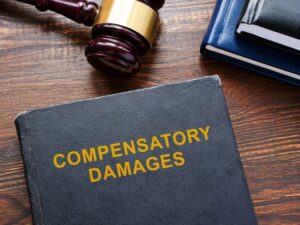 When a motorcycle rider gets injured in a failure-to-yield accident, they can seek monetary damages to cover their losses and expenses through a personal injury claim or lawsuit. These damages help the injured rider recover financially from the accident’s aftermath. Here are the main types of monetary damages they can pursue:
When a motorcycle rider gets injured in a failure-to-yield accident, they can seek monetary damages to cover their losses and expenses through a personal injury claim or lawsuit. These damages help the injured rider recover financially from the accident’s aftermath. Here are the main types of monetary damages they can pursue:
- Payment of Related Past and Future Medical Expenses – This covers the costs of medical treatment for injuries sustained in the accident. It includes expenses like hospital bills, surgeries, medications, doctor visits, rehabilitation, and therapy. Riders can seek compensation for past, current, and future medical expenses related to their injuries.
- Lost Income – If the rider cannot work due to their injuries, they can claim compensation for lost income. This includes income lost during recovery and any future earnings affected by ongoing disabilities or accident-related impairments.
- Pain and Suffering – These damages compensate the rider for the physical pain, emotional distress, and mental anguish caused by the accident and resulting injuries. Pain and suffering damages are subjective and aim to address the intangible effects of the accident on the rider’s well-being.
- Disability and Impairment – If the accident results in permanent disabilities or impairments (such as paralysis) that affect the rider’s ability to work or enjoy life as before, they can seek compensation for loss of earning capacity and diminished quality of life.
- Property Damage – Riders can claim reimbursement for repairing or replacing their damaged motorcycle and any other personal property damaged in the accident, such as riding gear or accessories.
- Loss of Consortium – In cases where the rider’s injuries affect their relationship with their spouse or family members, they may seek compensation for loss of consortium. This includes the loss of companionship, affection, and support resulting from the injuries they suffered in their accident.
- Punitive Damages – In rare cases involving egregious misconduct or recklessness on the part of the at-fault party, the court might award punitive damages to punish the other driver. These damages are not available in an out-of-court settlement.
These various types of monetary damages aim to provide full and fair compensation for the losses and hardships the injured motorcycle rider experienced. Seeking legal representation from an experienced personal injury attorney can help the rider navigate the claims process and pursue the maximum compensation available for their case. By holding the at-fault party accountable, injured riders can secure the financial resources necessary to rebuild their lives and move forward after the motorcycle accident.
Contact an Experienced Motorcycle Accident Lawyer Today
If you recently suffered injuries in a failure-to-yield motorcycle accident, time is of the essence. There are deadlines for filing lawsuits in civil court, and this is a necessary step in some cases. Never risk missing these deadlines.
An experienced motorcycle accident attorney in your area can explore your legal options, file a claim with the appropriate insurance company, and pursue the damages you deserve through settlement or litigation.
Start the process with a free case evaluation today. There is nothing to lose.
Free Consultation
We Are Here For You 24/7
Reviews
– Elissa M.
“Really pleased with Boohoff Law! Received immediate responses when I had any questions. Treated amazingly by all staff … made this process a true breeze!”
– Caitlyn M.
– Brandy K.
Related Posts
Collision Course: Identifying the Most Common Types of Motor Vehicle Accidents
Hit by an Uninsured Rideshare Driver? Your Questions Answered About Filing a Claim
How Can Dashcam or GoPro Footage Help My Motorcycle Accident Case?
Recovery is personal.
We’re here for you.
We’re close by. And if you can’t make it to us, we’ll meet you where you need us, at home or in the hospital.
You're better off with Boohoff.
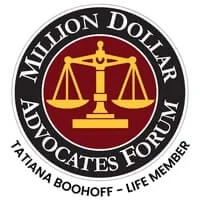


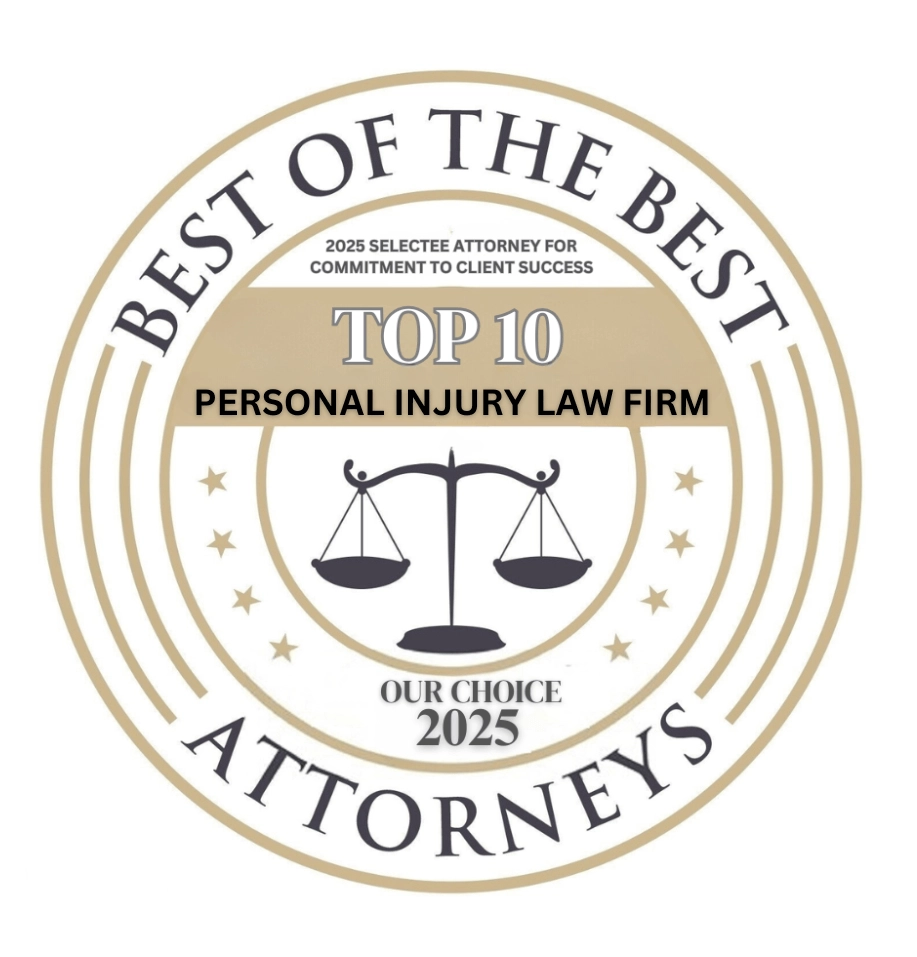
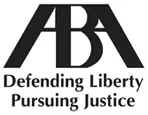
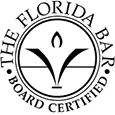
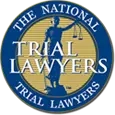




The information on this website is for general information purposes only. Nothing on this site should be taken as legal advice for any individual case or situation. This information is not intended to create, and receipt or viewing does not constitute, an attorney-client relationship.
available 24/7
(877) 999-9999
